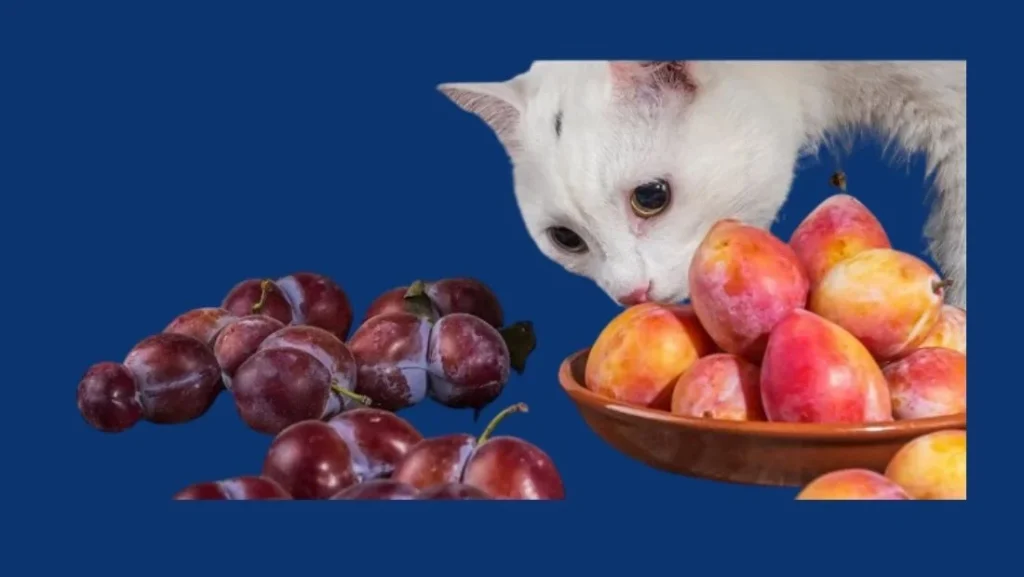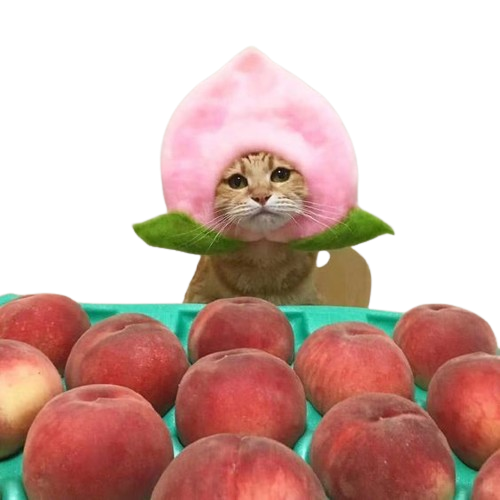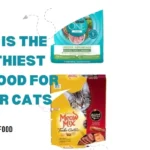If you’re lucky enough to find a really, ripe peach, you might not want to share it. But hey, your cat isn’t just anyone. Your furry best friend might be hard to resist when they look up at you with those cat eyes.
The great news is that cats can eat peaches (in small amounts). They might not really enjoy the taste of a peach, though, so maybe you should just keep it all to. Keep reading to discover more about peaches cats.
Contents
Nutritional facts about peaches for cats
Peaches are fruits from the Prunus persica tree. They belong to the stone fruit family, meaning they have a pit in the center. Peach trees originally come from Asia but are grown all over the world now. The trees can grow really tall and have some bug problems sometimes. Fresh peaches have lots of water, little fat, natural sugars, fiber, vitamins, minerals, and strong antioxidants. Some of these things can be good for cats too.

Are peaches beneficial for cats?
Hey there! Did you know that peaches may not be the best choice for your cat? Yeah, it’s true! Cats are carnivores, so peaches don’t really give them all the nutrients they need. Their bodies are like little hunters made for eating other animals. So, if your furry friend is not out there catching their meals, they’ll need a complete cat food diet to stay healthy.
But hey, if your cat is curious about peaches, you can let them have a taste now and then. Peaches can actually offer some benefits to our furry pals:
First off, peaches are full of water, which can help keep your cat nice and hydrated. Some cats don’t drink enough water, especially those with certain health issues like kidney problems.
Also, peaches have fiber – especially in the skin. Fiber helps with pooping (yeah, I said it!), prevents constipation, and feeds the good bacteria in the gut.
And let’s not forget about the vitamins and minerals in peaches! Vitamins A, E, and K are packed in there along with potassium and other important stuff. These are all essential for your cat’s everyday life.
Oh, and did you know that peaches have antioxidants? Yup! They can help protect your cat against certain diseases and even slow down aging. How cool is that?
So yeah, while cats don’t need peaches to survive, a little snack here and there won’t hurt. Just keep it small and remember – a healthy diet is key!
Can cats eat any part of a peach safely?
Quick heads up – cats should only snack on the fruit part of a peach, the rest is a no-go zone. Why? Well, everything else in that peach tree from the pit to the leaves & stems is a cyanide party, not good for our feline friends.
Most cats won’t go crazy on peach plants, but better safe than sorry! Keep those peaches high up out of paw’s reach. And ditch any wilted leaves ASAP because they pack even more cyanide punch. Look out for signs like trouble breathing, big pupils, fits, sleepiness, or even worse – yikes!

Are peaches entirely safe for cats?
Lots of fiber: Fiber is super healthy, but too much can upset your furry friend’s tummy. So, give them just a little bit if they’re not used it.
Sugar alert: Peaches have natural sugars that cats can’t handle well. Plus, they don’t even dig flavors! Too much sugar can lead to weight probs and other health issues.
Check the extras: If you’re sharing peaches with your cat, make sure no other stuff in there is bad for them. Some dishes have yucky things like sugar or nuts that aren’t good for cats.
Choking risk: Big peach pieces or pits could be dangerous if your feline tries to gobble them up whole. Remove the pit and give them smaller fruit bits. Peach pits can be a nightmare if swallowed whole, so keep ’em away from your kitty.
The bottom line: Is it safe for cats to eat human food?
Cats can have some human foods, but it’s super important remember that cats and humans have really different nutritional needs and preferences. Unlike humans who can eat both plant and animal-based, cats are obligate carnivores, meaning need an animal-based diet to stay healthy.
To make sure your kitty has a balanced diet, it’s best to focus on giving them high quality cat food. Occasional treats are okay but should only make up around 10% of your cat’s diet. This way, your furry friend gets all the nutrients they need without risking weight gain.
Since indoor cats can be less active, it’s essential to play with them daily and find ways to keep them engaged. Using treats as motivation for playtime can help keep them healthy and happy! So, remember – a mix of good food and lots of fun will keep your cat living their best life.



